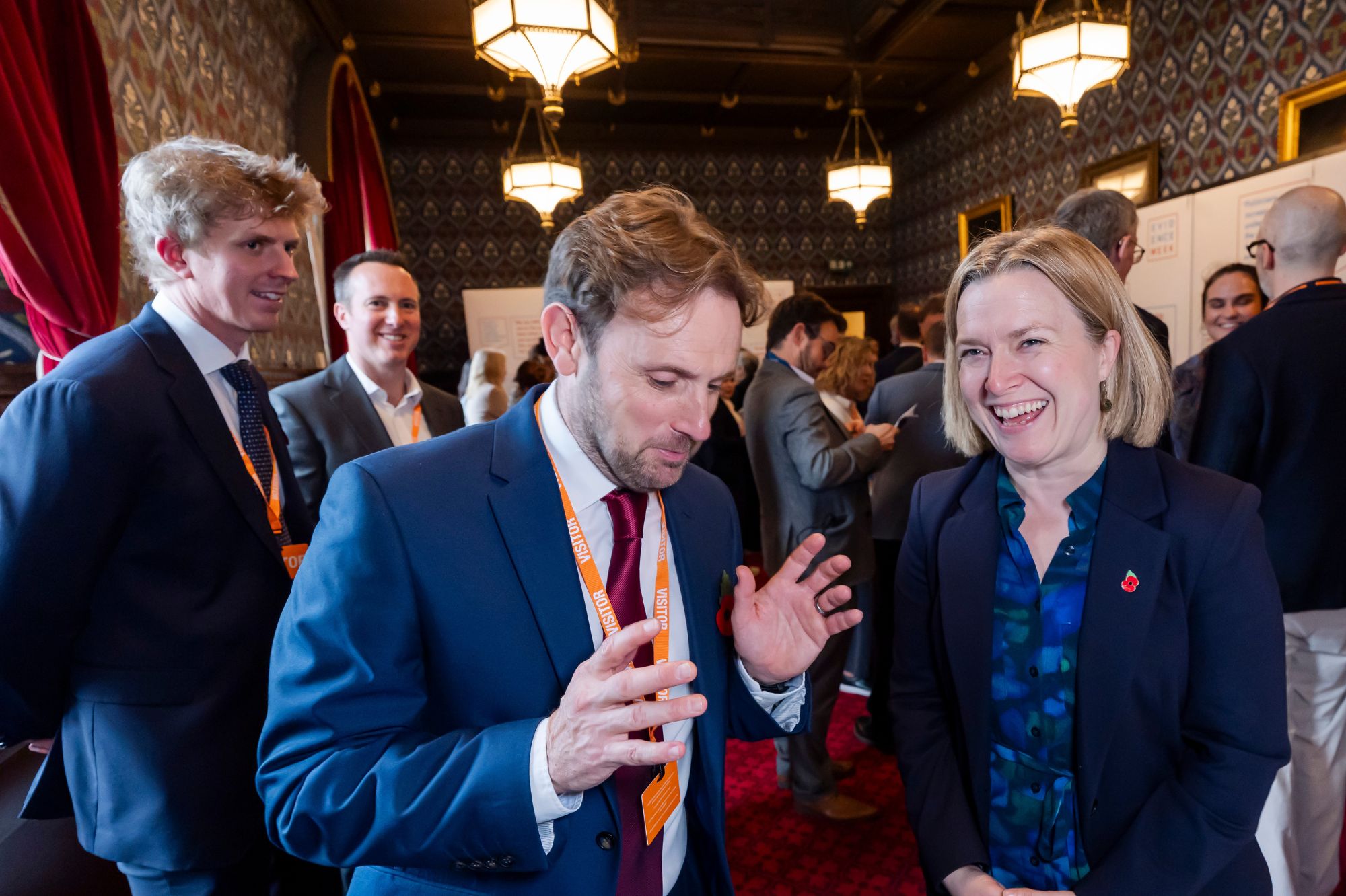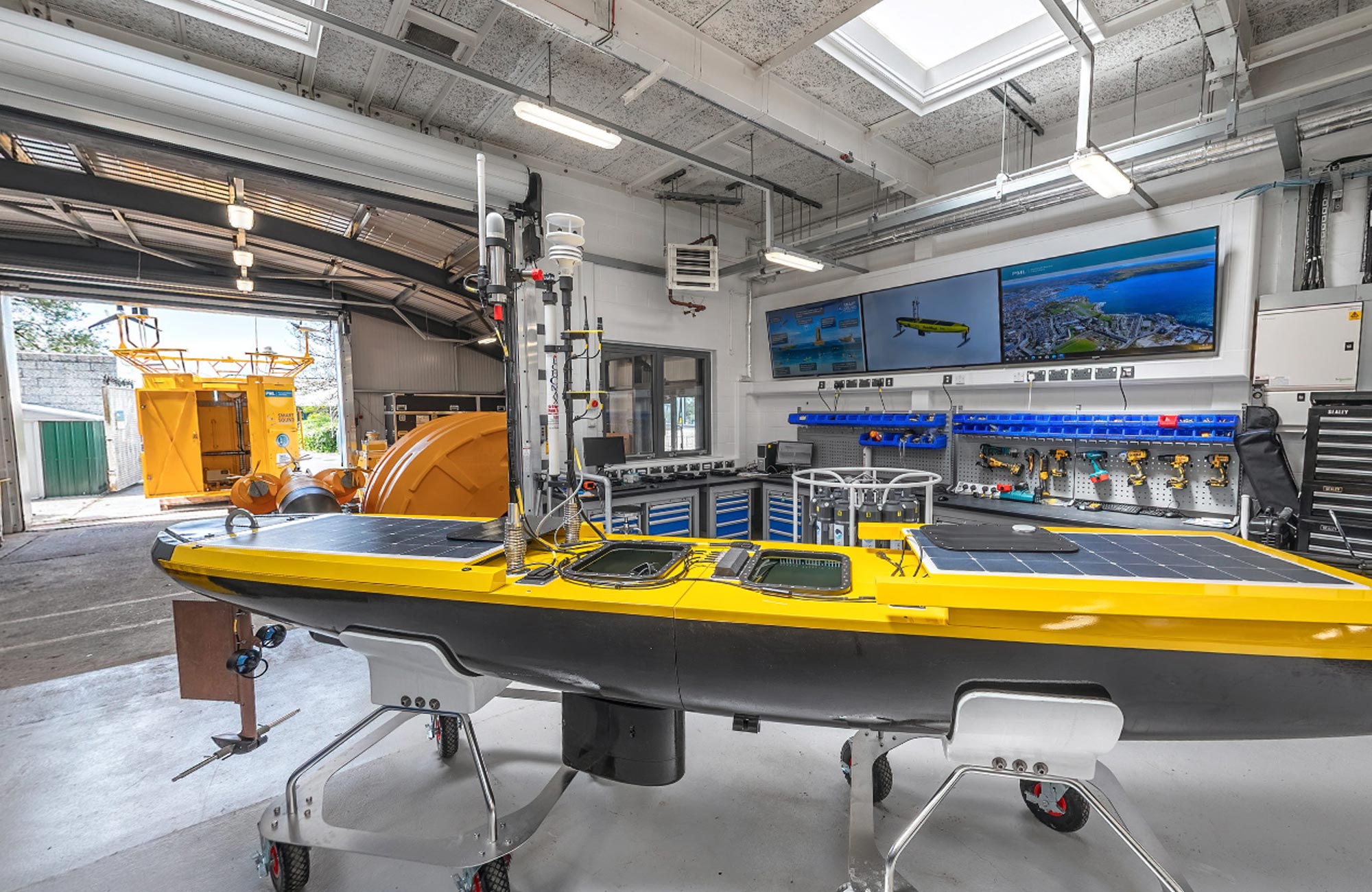Latest story
Eroding peatlands influence the Falkland Islands coastal ecosystem
PML scientists have recently returned from the Falklands after a 2 week mission to collect data on the impact of eroded peat on the local marine environment.
Other recent news stories
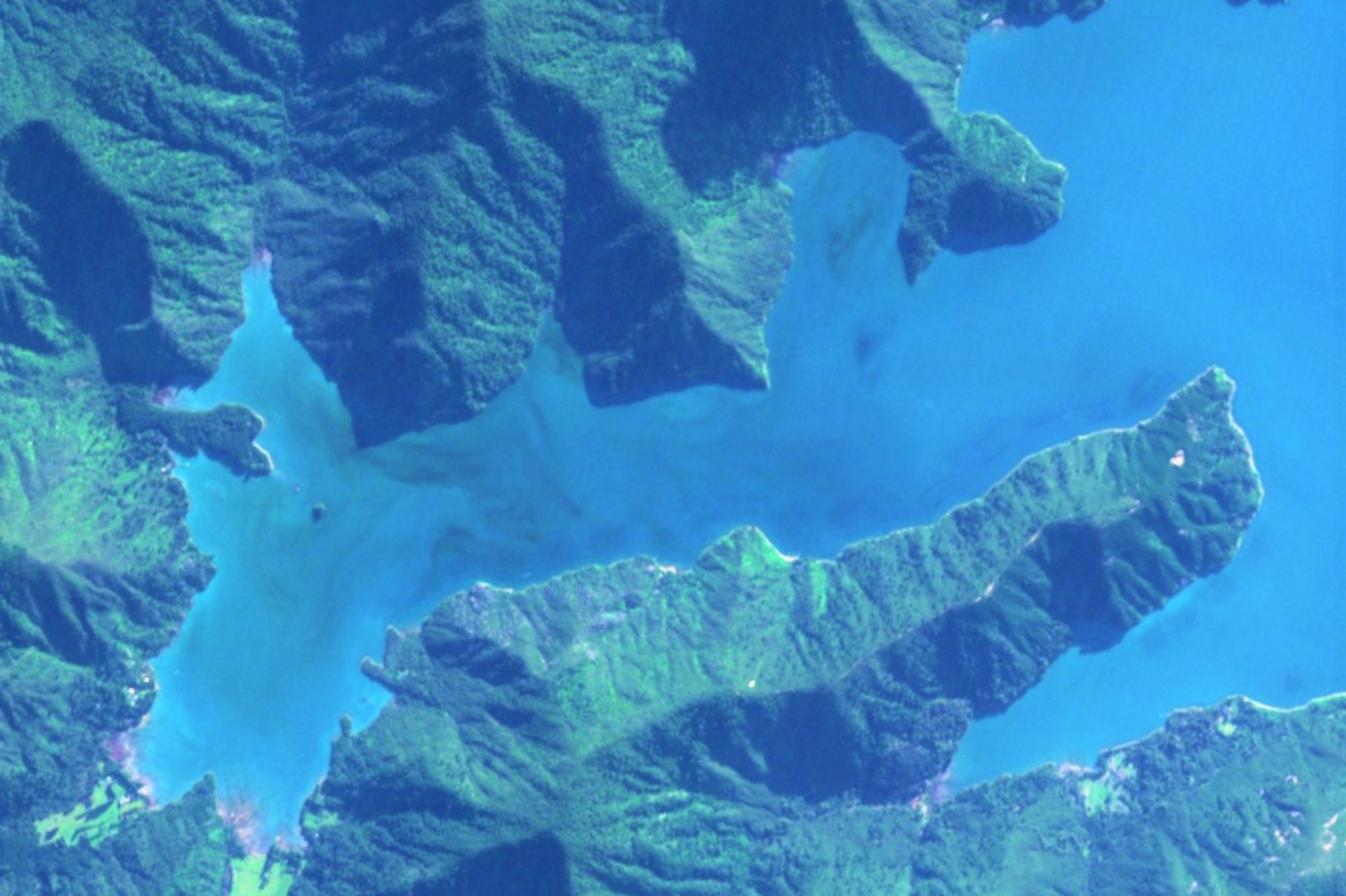
Joining forces on harmful algae: PML leads satellite project with NZ partner
07 January 2026As South Australia confronts one of its most damaging harmful algal blooms on record, a new UK–New Zealand research project led by Plymouth Marine ...

MEDIA: Will 2026 be the year when coral reefs pass their tipping point?
06 January 2026PML’s Dr Samantha Garrard writes for The Conversation UK on what the year ahead could mean for coral reefs.

New Chair of Trustees announced at PML
06 January 2026Plymouth Marine Laboratory (PML) is pleased to announce the appointment of Nigel Godefroy as its new Chair of the Board of Trustees from July 2026.
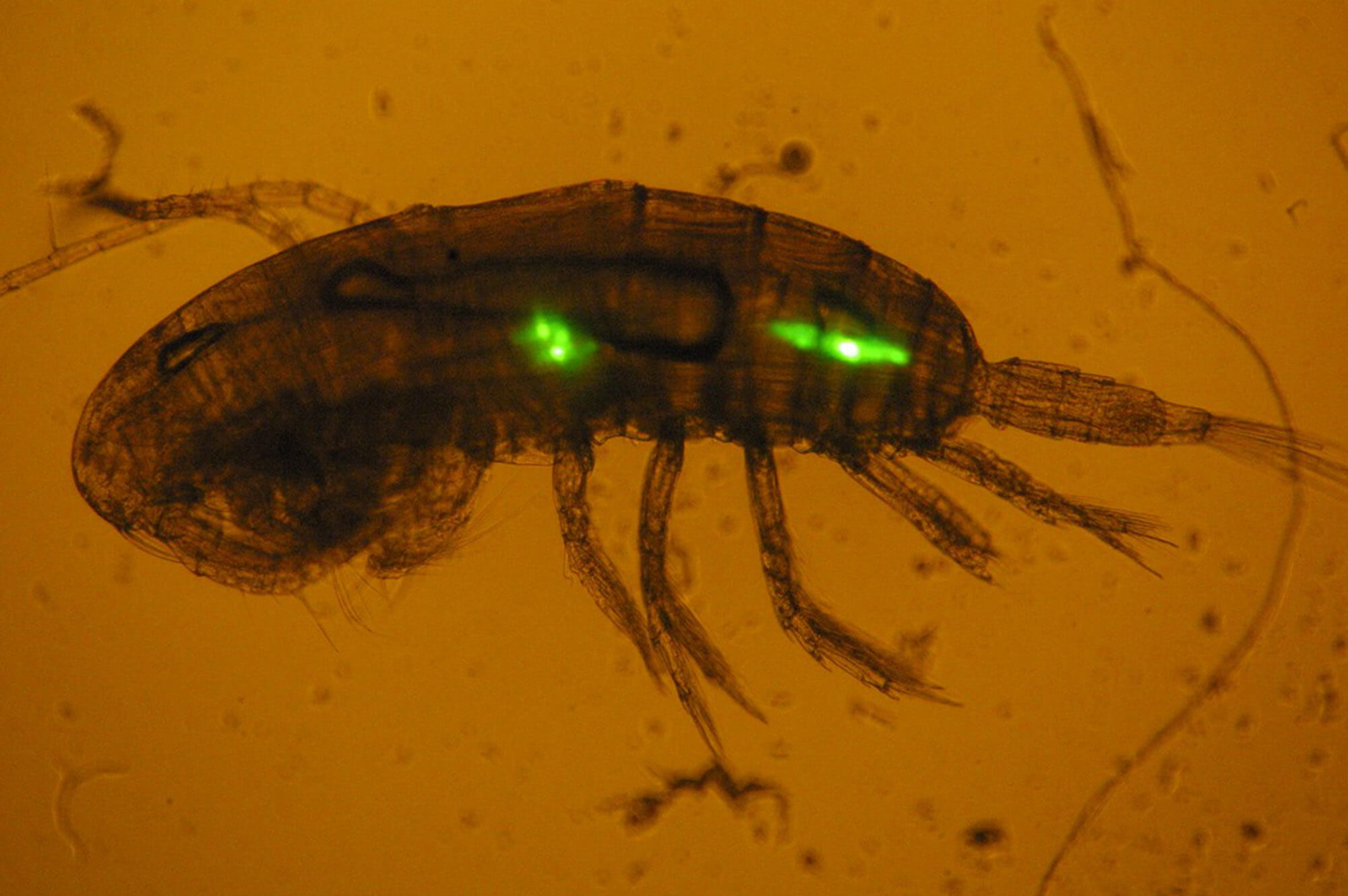
WATCH NOW: Real-time imaging of microplastic gut passage in zooplankton
05 January 2026A new study has, for the first time, recorded and measured just how fast microplastics move through the gut passage of a key group of zooplankton in r...
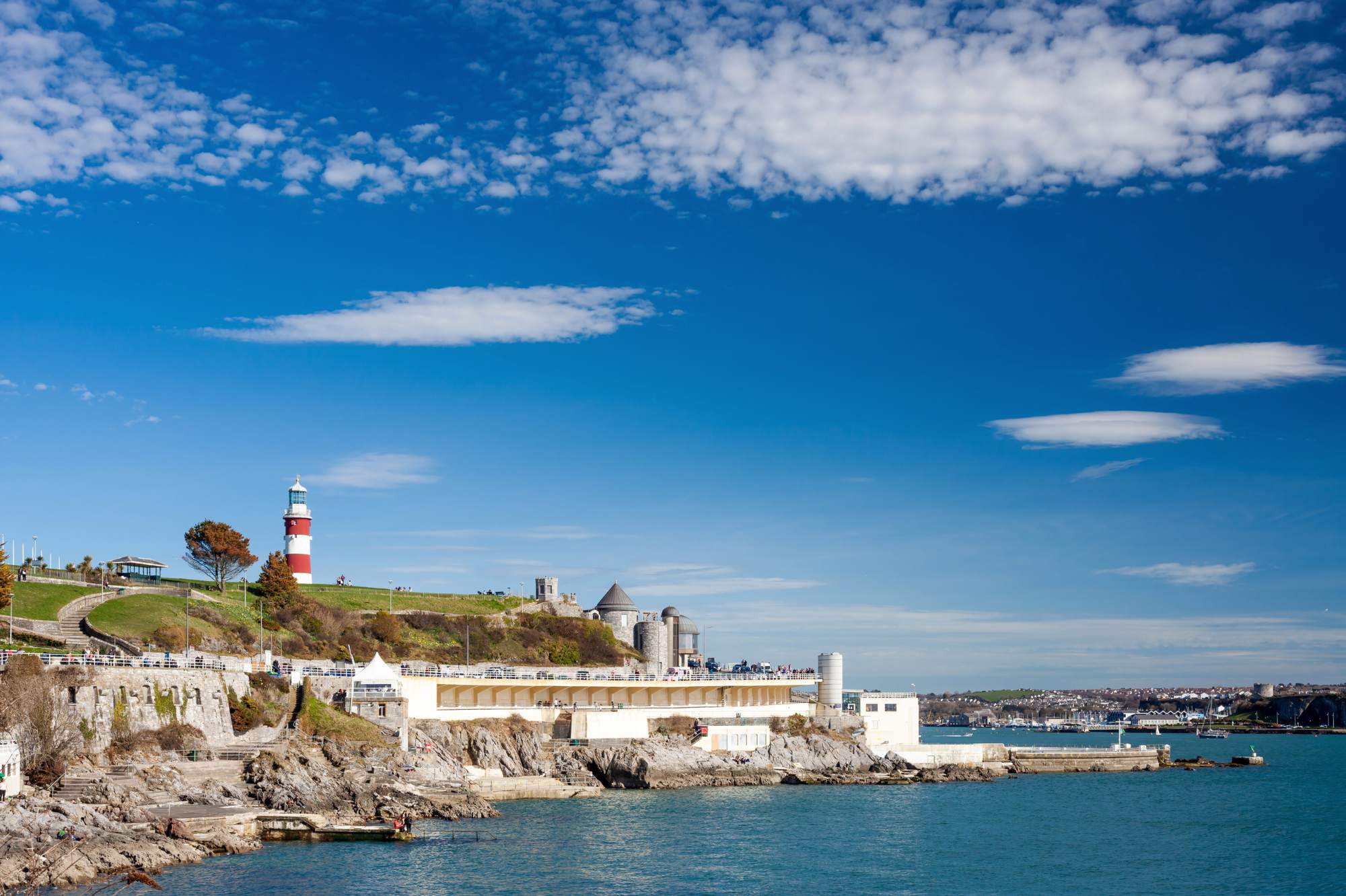
PML Science that made the headlines in 2025
28 December 2025As 2025 draws to a close, we reflect on some of the science from the lab that made the headlines this year.
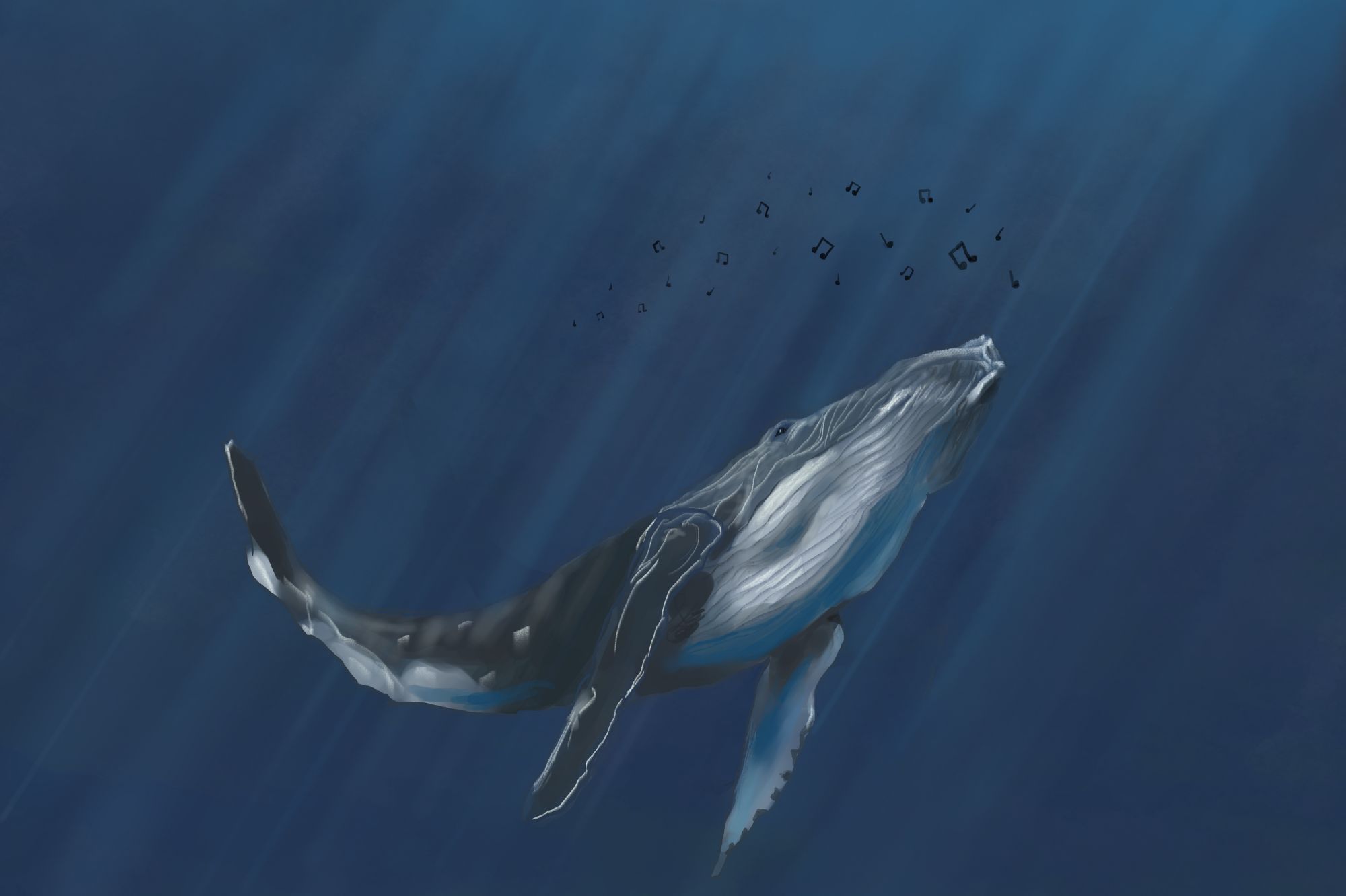
Merry Xmas from PML (with a celebration of ocean storytelling)
19 December 2025This year’s PML Christmas card is inspired by a storybook created to inspire curiosity and care for the Ocean among young readers.
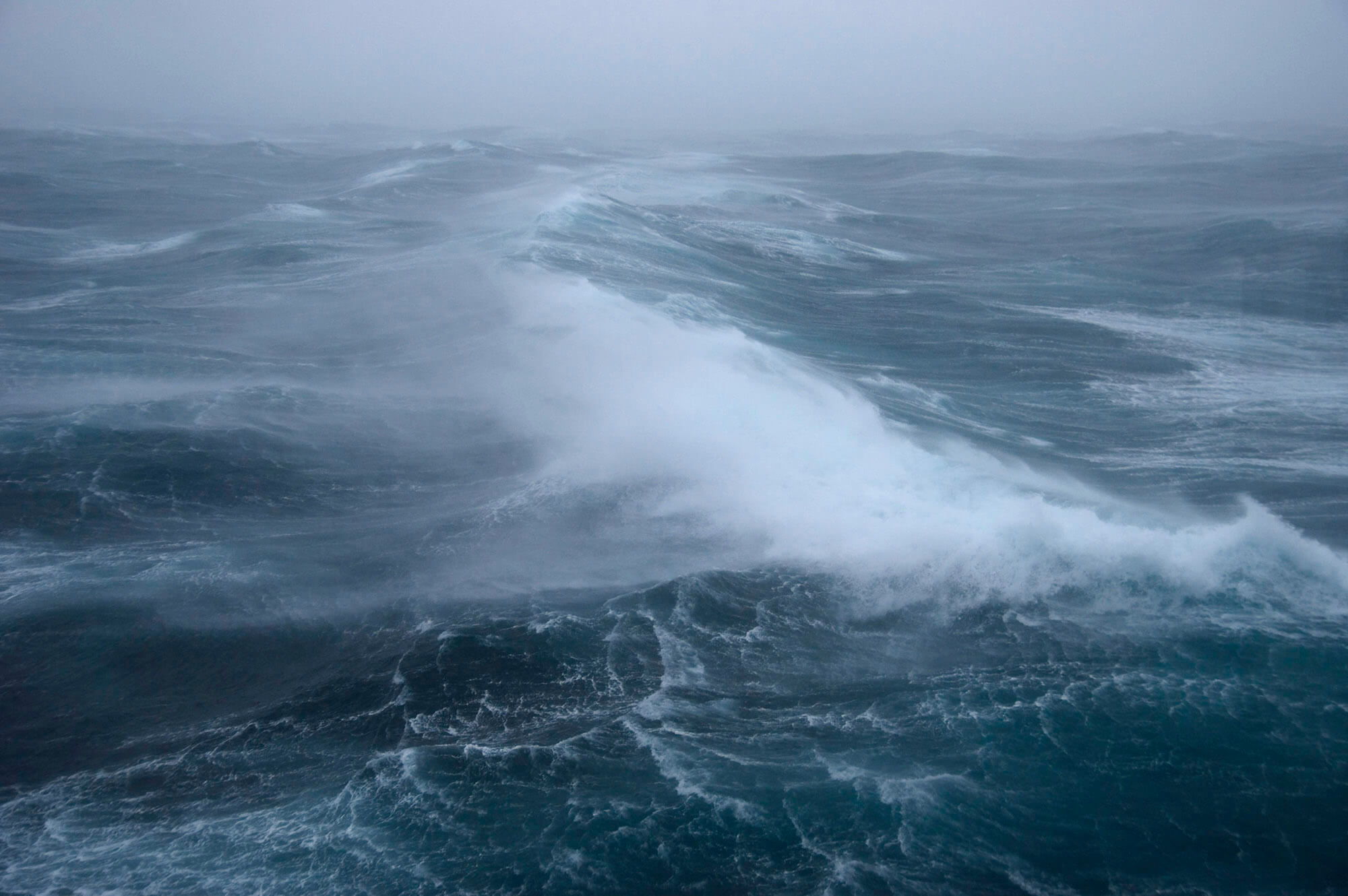
How bubbles may speed up CO2 uptake by the ocean
16 December 2025New study provides evidence that the ocean may have absorbed as much as 15% (0.3-0.4 Pg C yr-1) more CO2 than previously thought, requiring a re-think...
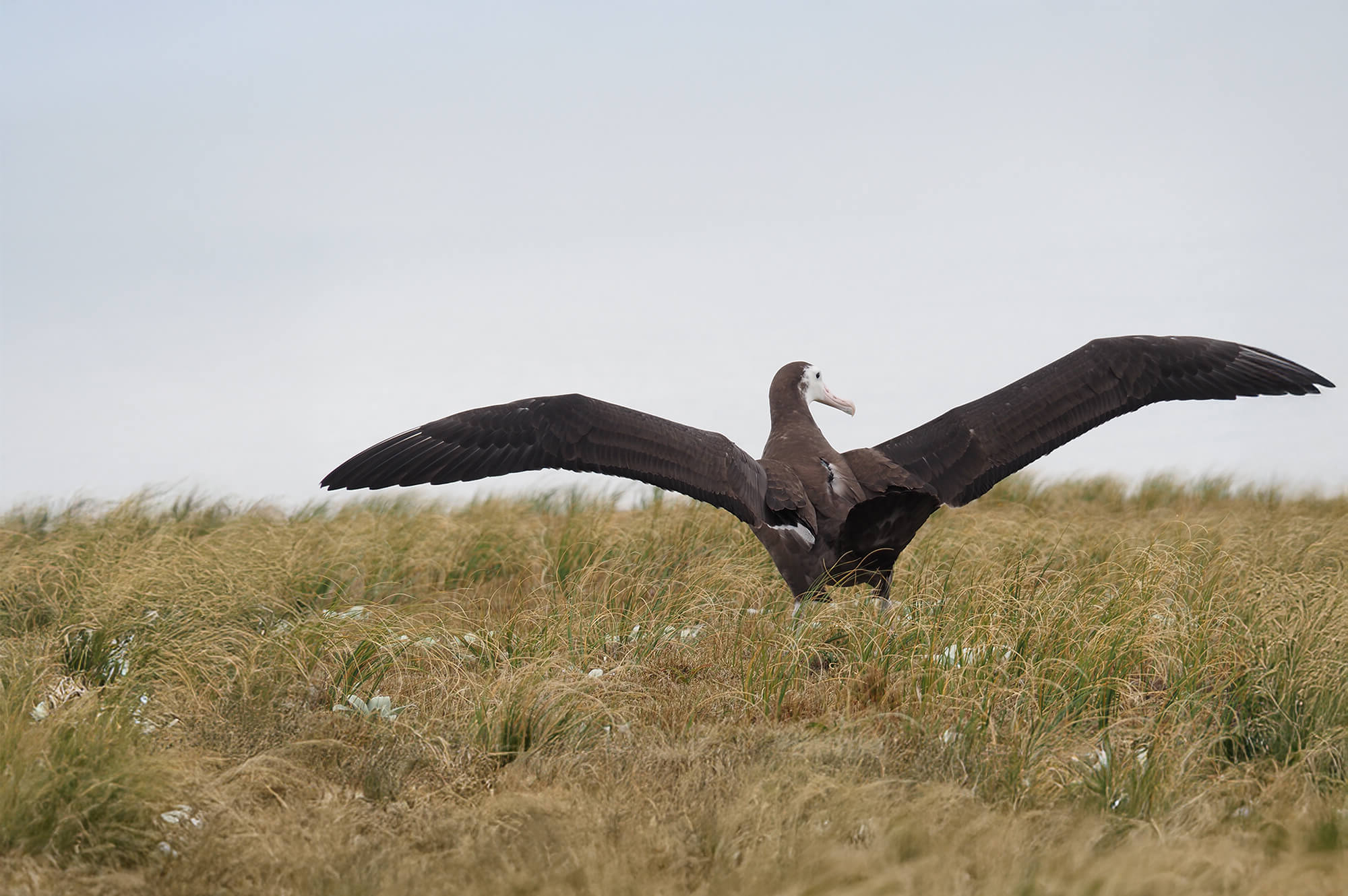
Following ocean currents to predict and prevent seabird deaths
15 December 2025A new study seeks to support conservation and management strategies by identifying zones of overlap between fishing and bird activity.
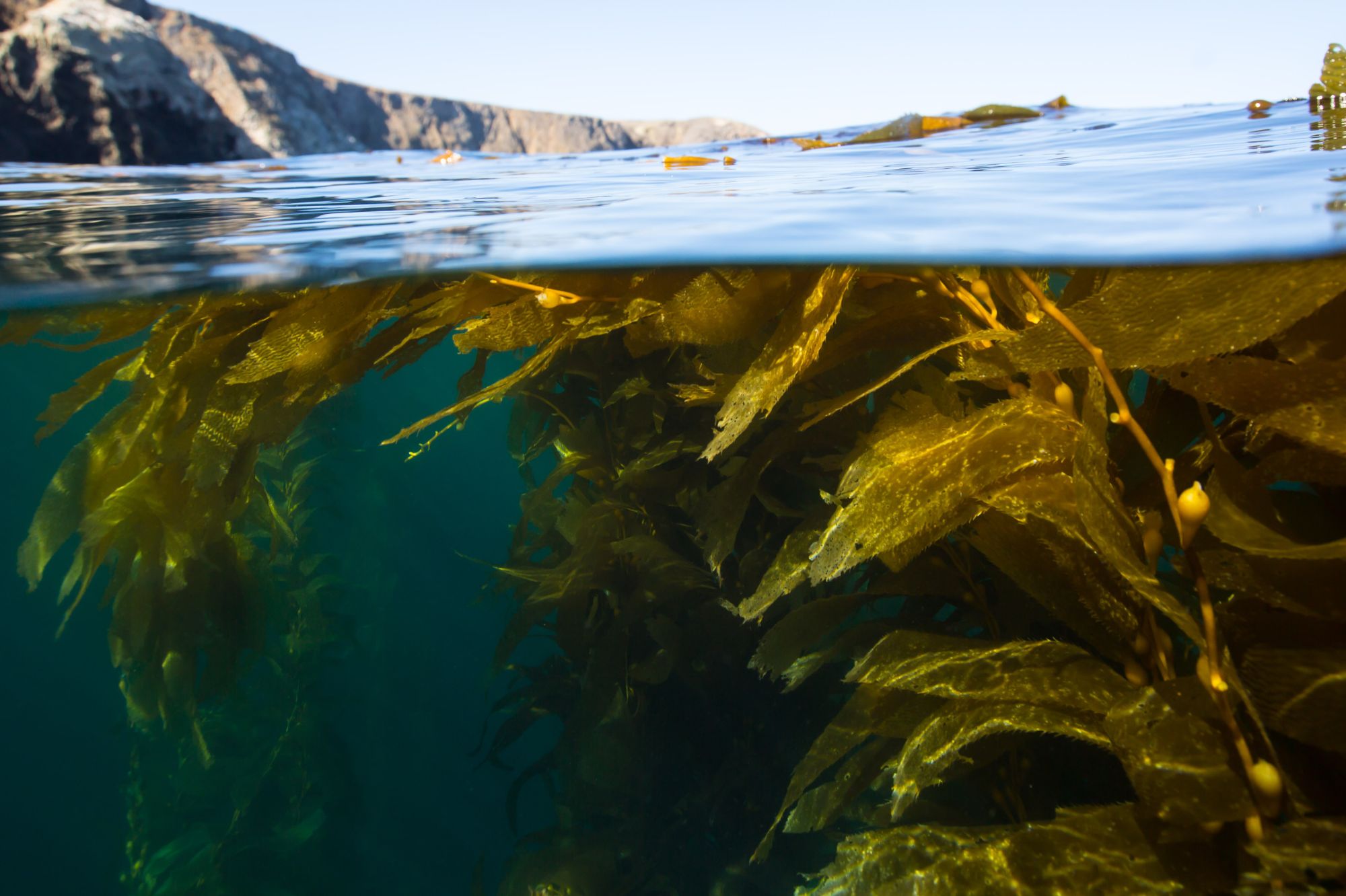
What's the real economic value of blue ecosystems? New research reveals holistic benefits boost value by 10-100x
11 December 2025The paper’s findings are crucial for decision-makers looking to nature-based solutions, to mainstream a holistic value of blue ecosystems beyond ca...

UK’s top science organisations unite to support national priorities and policy-making
10 December 2025PML is one of the 35 members of the newly-formed National Research Organisations (NRO) Group

Responsible research: reducing the environmental footprint of our science
09 December 2025As an environmental organisation, we are committed to reducing any negative impact our research and innovation activities may have on the natural envi...
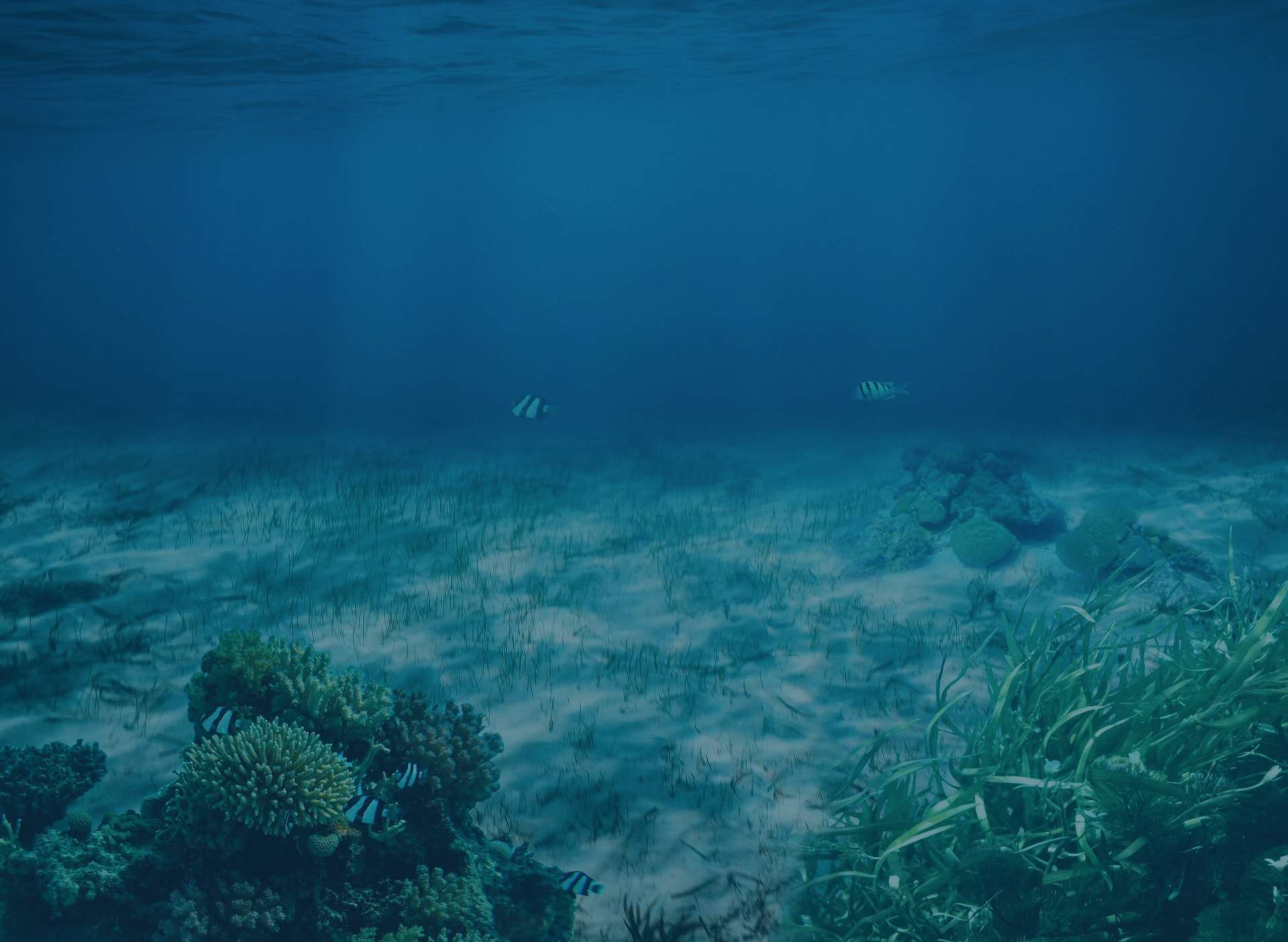
The shift that sparks nitrification: PML research resolves long-standing mystery within the nitrogen cycle
04 December 2025New PML research has shed light on a long-standing puzzle in marine science: why does nitrification – a key process in the ocean’s nitrogen cycl...
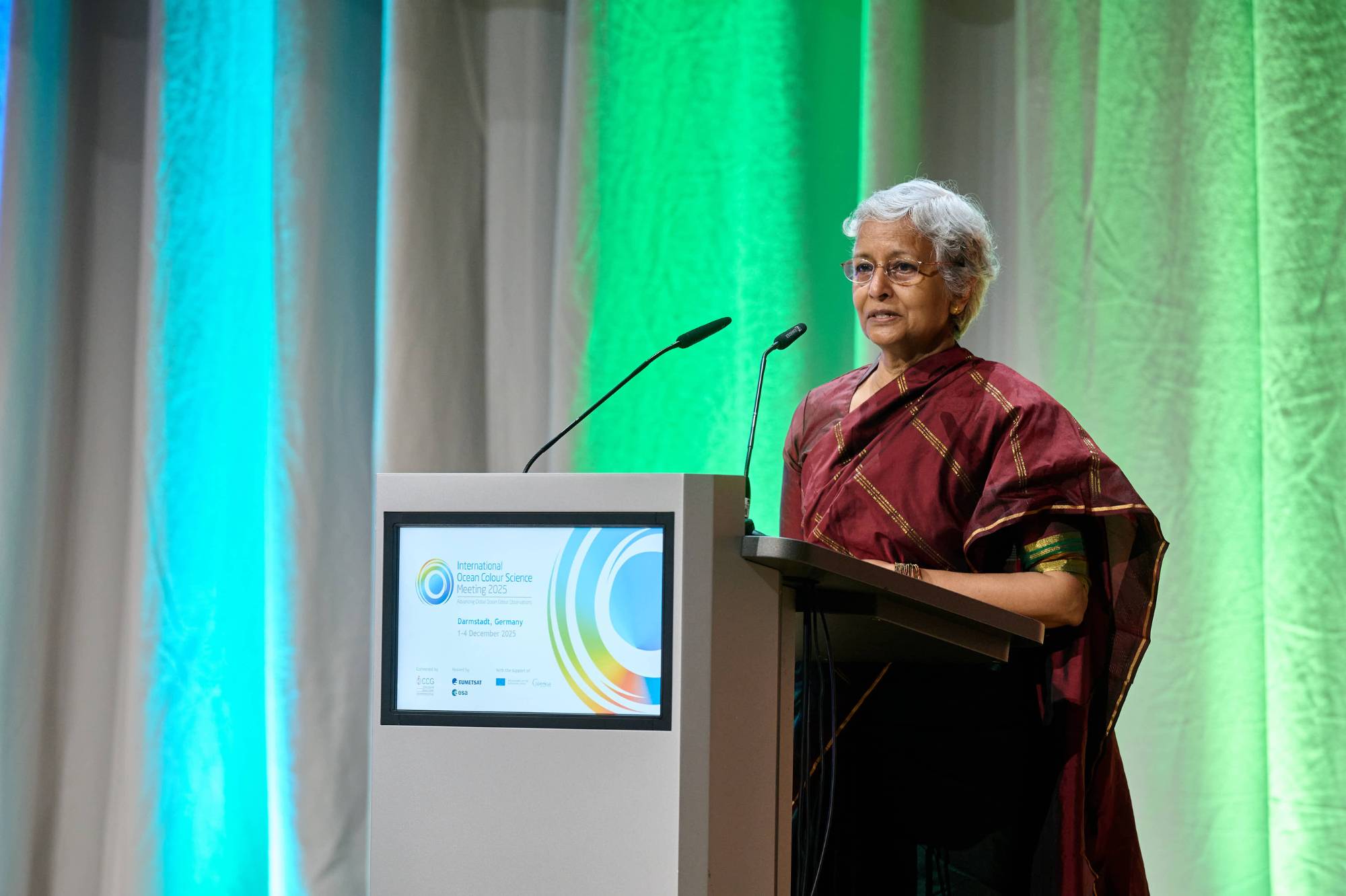
Where Science Meets Space Agencies: PML at IOCS 2025
03 December 2025The International Ocean Colour Science (IOCS) meeting is underway in Germany – one of the most important global gatherings for the ocean-colour an...
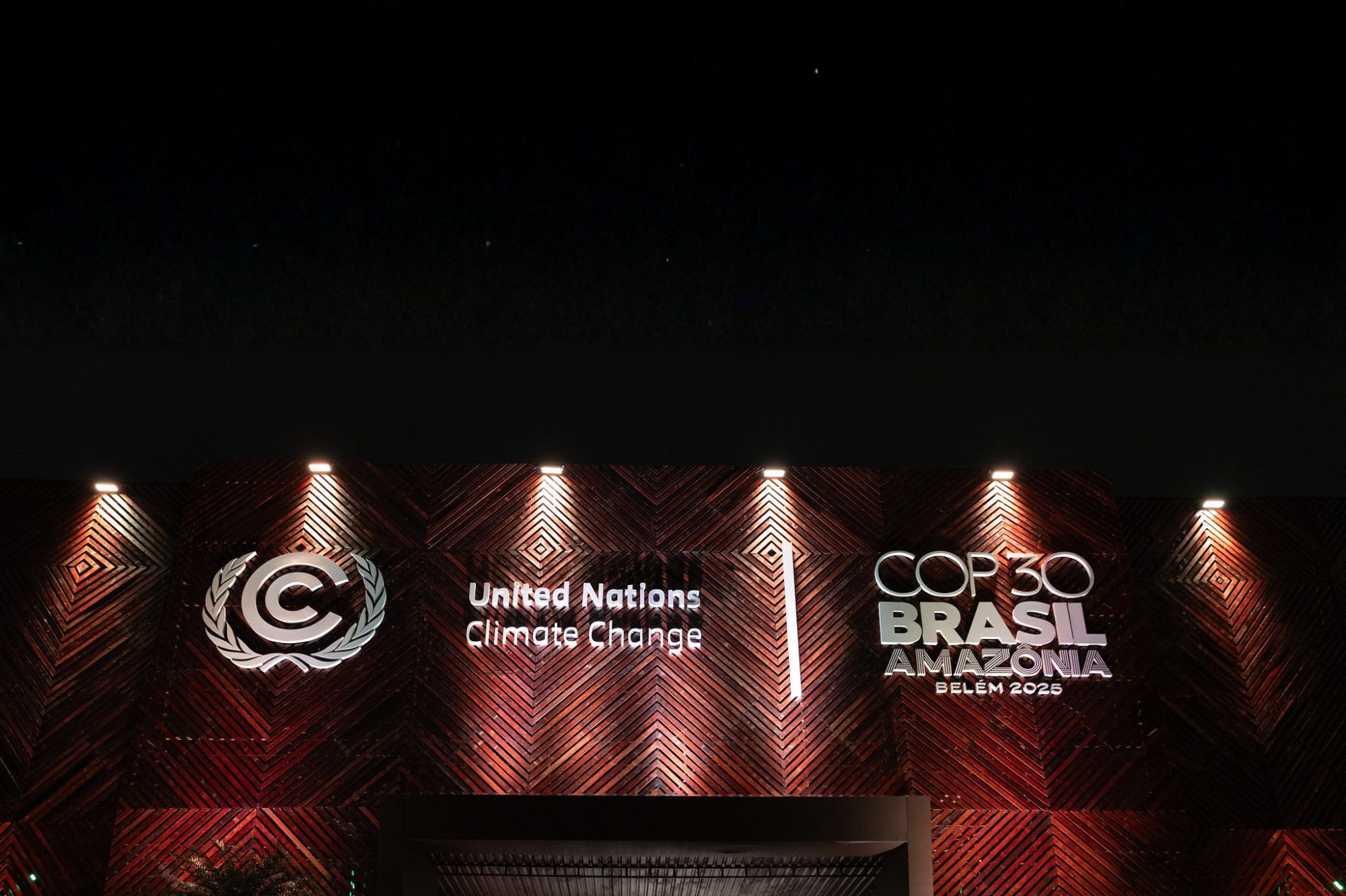
Ocean Action at COP30: Progress Made Despite Fossil Fuel Shortcomings
01 December 2025PML delegates reflect on the outcomes of the Climate Change Conference in Brazil
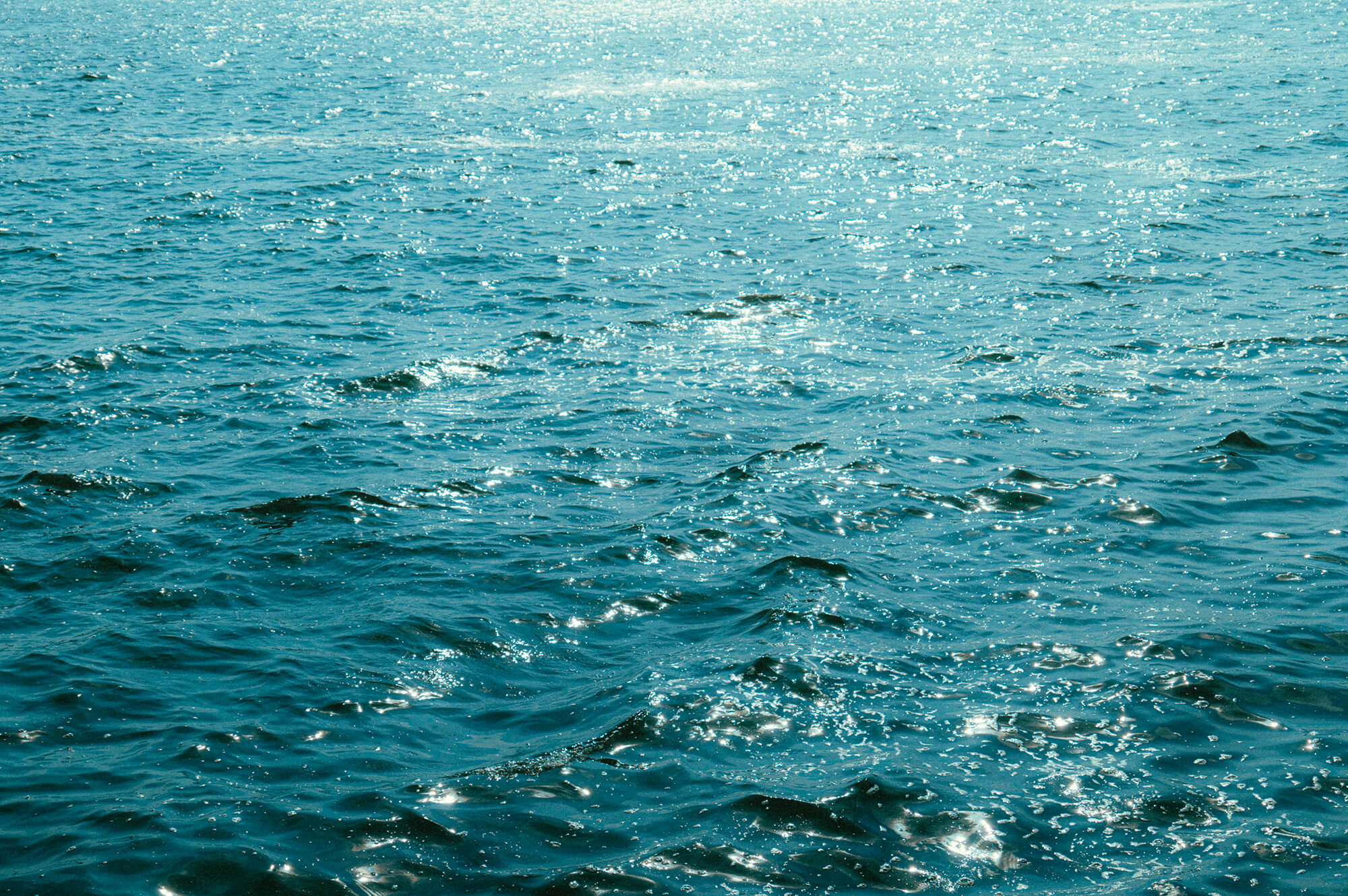
PML scientist appointed as Co-Chair of leading ocean forecasting partnership
28 November 2025The National Partnership for Ocean Prediction (NPOP) brings together world-class expertise from the UK’s leading marine and oceanographic research c...
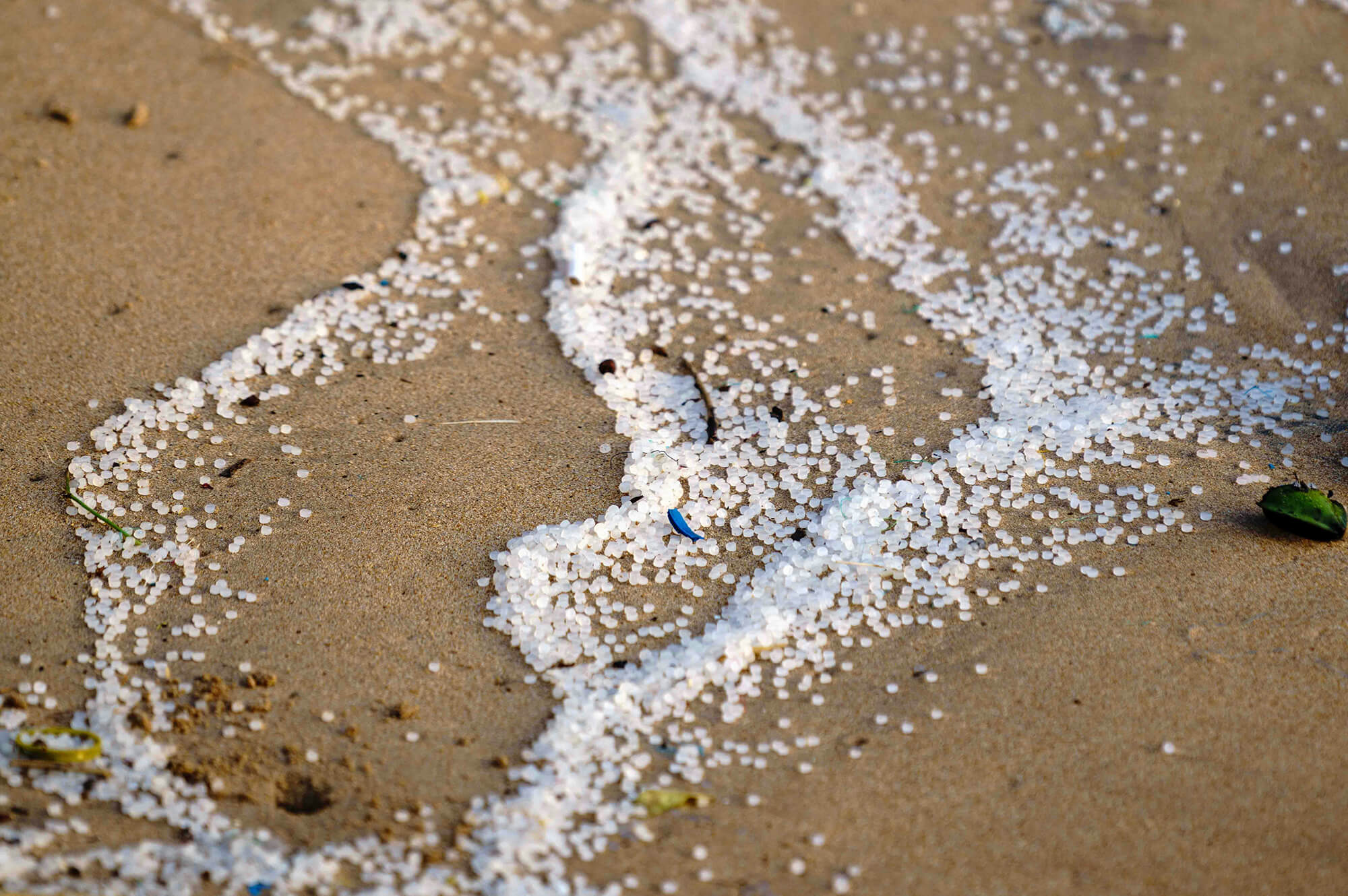
Microplastics pose a human health risk in more ways than one
25 November 2025New study shows that microplastics in the natural environment are colonized by pathogenic and antimicrobial resistant bacteria. The study team calls f...

From Dunes to Data: How Citizen Science Is Transforming Coastal Biodiversity Monitoring
24 November 2025This guest article, written by Paula Brines i Blasco from Institut Metròpoli, highlights work within the GUARDEN project – a collaboration between ...

Local Plymouth schoolchildren star in new ocean literacy videos
22 November 2025Pupils from St Andrew’s CofE Academy in Plymouth have played a starring role in a new video series to bring ocean knowledge into classrooms across E...
Current Events
No current events at this time.
Upcoming Events
PML at Oceanology International 2026
10 March 2026
The Third BBNJ Symposium 2026
10 March 2026
NERC Tech Forum 2026
2 June 2026
